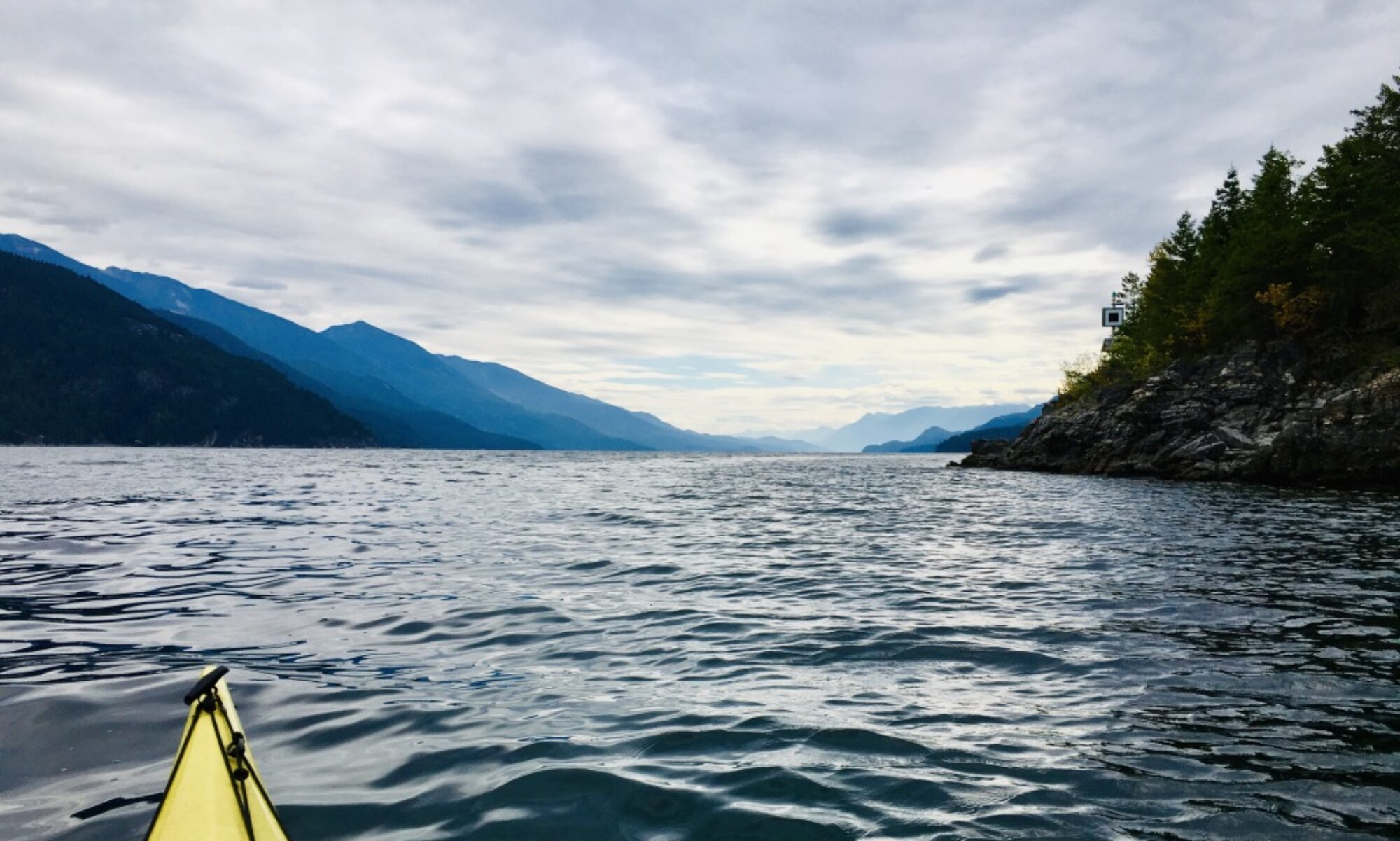Since my last (first!) blog on February 14th, we’ve gone from preparing for COVID-19 to nearing the eye of the storm here in Canada. For some, like China and Italy, hopefully the worst has passed. We have been able to learn from their experience. But the storm has now been declared a pandemic. It is moving around the globe, and knocking at our doors. How much do we let it in?
Storm survival:
I moved to the beautiful island of Bermuda in mid-August, 2003. Two weeks later, a photo of a giant swirling cloud, Hurricane Fabian, appeared on the cover of The Royal Gazette. It was predicted to be category 5, one of the worst in the island’s history, and approaching the island within days. Terrifying! What did I get myself into here? But I’d made the commitment to be there, so after some fretting (on my part), my partner and I got practical and prepared.
We took local advice from those who’d been through hurricanes and tropical storms before, got a *reasonable amount* of supplies (water, batteries, non-perishables, playing cards, toilet paper and red wine!) and hunkered down.
When Fabian actually hit, it was pretty terrifying. The power went out as it drew closer, so we passed the evening playing cards by candle light and then tried to sleep over the intense rattling of the doors and shutters, wondering if they would hold, what would happen. The fear was mostly due to the unknown and when it would be over.
The next day was sunny and calm. The foliage was mostly gone, or splintered and sprayed across nearby surfaces. Our privacy was gone, but hey, we could wave to the neighbours! Thankfully, everyone was ok. We got through it.
Fabian passed through at category 4. It was serious. There were 4 casualties in total, $300 million in damage, several roofs blown off, and the power was down for a while. It was significant and took time to rebuild, but could have been WAY worse, depending partly on nature, and partly on people’s behaviour, past and current.
The island had learned from history. It had improved its infrastructure, almost all buildings were made from cedar block, not wood, most windows had shutters, and most people stayed home and calm and weren’t cavalier about the situation.
Reactions to crises:
Like COVID 19 (and many other things we’re seeing in the world right now), we knew this storm was coming, but didn’t know how serious it would be, and how much damage it would do. That’s the scary part. The internet and 24-hour news cycle can spread a lot of useful and accurate information quickly. It can also spread a lot of fear and dangerous misinformation quickly. The good and bad can go “viral” and spread fast. It’s important to rely on reliable sources, especially in times like these, and try to stay a little more physically distant while keeping connected – a little sense of humour and neighbourliness helps!
We’re seeing that in crisis situations, some downplay or complain, some take no action, some over-react, and some take reasonable precautions, hoping for the best but preparing for the worst. Most would agree the last approach is the most effective. I also think that most want to be or believe they are in the last category, but get caught up in worry or denial. That’s totally normal, but not the best place to stay for too long.
Especially at times of crisis, it’s good to check in with your mindset and coping steps and see if they’re working for you – and your team. We’re all in this together, but if you’re a leader, your team will be looking to you for guidance, direction and in some cases, support. If you’re feeling overwhelmed, do what you need to do to reset. Take a break, walk around the block, exercise, phone a friend, whatever you need to do to get calm and perspective. And ask for help if you need it.
